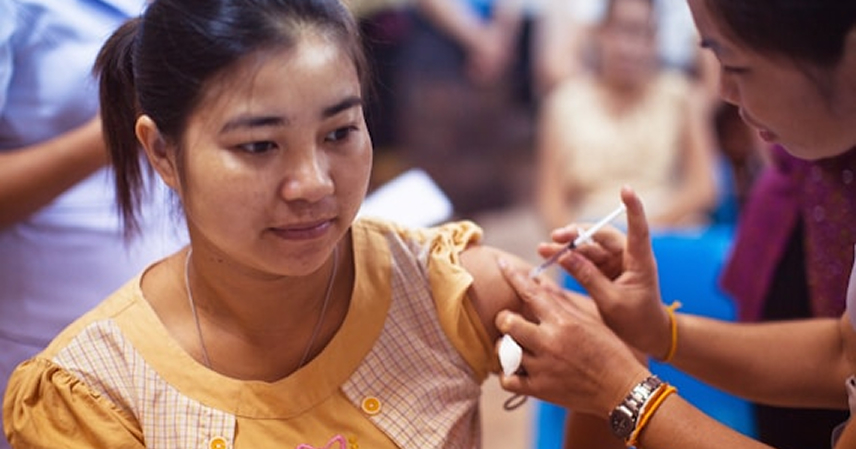We’ve all heard the advice: when you’re feeling under the weather, you should “get some rest.” This isn’t just a comforting old saying; it’s powerful medical advice backed by a growing body of scientific research. Sleep is not a passive state of inactivity but a critical time for your body to perform essential maintenance, and one of its most important jobs is to support and strengthen your immune system.
Let’s explore the vital connection between quality sleep and a resilient immune response.
## The Night Shift: How Your Body Fights When You Sleep 🛡️
While you’re asleep, your immune system is wide awake and hard at work. This period of rest is when it launches its most effective operations. Here’s how:
1. Production of Immune “Weapons” (Cytokines)
During sleep, your body ramps up the production of proteins called cytokines. Some of these cytokines are crucial for fighting infection and inflammation, effectively acting as messengers that direct other immune cells to where they need to go. When you don’t get enough sleep, the production of these protective cytokines decreases, weakening your body’s initial response to pathogens.
2. Strengthening Immune Memory
Sleep plays a critical role in what’s known as adaptive immunity—the process by which your immune system “remembers” viruses and bacteria it has encountered before. Key immune cells called T-cells are better able to recognize and attack invaders after a full night’s sleep. Think of it like studying for a test; sleep helps solidify the memory, making the immune response faster and more effective the next time you’re exposed to the same threat. This is also why getting good sleep after a vaccination can improve its effectiveness.
3. Reducing Harmful Inflammation
Chronic sleep deprivation can lead to an increase in inflammatory molecules in the body. While short-term inflammation is a healthy response to injury or illness, long-term, low-grade inflammation is linked to a host of chronic diseases. Quality sleep helps regulate this process, keeping inflammation in check.
## The Consequences of Sleep Deprivation 🤒
When you consistently miss out on quality sleep (typically defined as 7-9 hours for adults), the consequences for your immune system are direct and measurable:
- Increased Susceptibility to Illness: Studies have shown that people who are sleep-deprived are significantly more likely to get sick after being exposed to a common virus, like the one that causes the cold.
- Slower Recovery: If you do get sick, a lack of sleep can prolong your recovery time as your body struggles to mount an effective defense.
- Reduced Vaccine Efficacy: As mentioned, poor sleep can hamper the body’s ability to build a strong, long-lasting antibody response to vaccines.
## Practical Tips for Sleep-Powered Immunity 🛌
Improving your sleep hygiene is one of the most proactive steps you can take for your health. Here are some simple strategies:
- Stick to a Schedule: Go to bed and wake up at roughly the same time every day, even on weekends. This helps regulate your body’s internal clock.
- Create a Restful Environment: Make sure your bedroom is dark, quiet, and cool.
- Limit Screen Time Before Bed: The blue light from phones, tablets, and computers can interfere with the production of melatonin, the hormone that controls your sleep-wake cycle.
- Watch What You Eat and Drink: Avoid large meals, caffeine, and alcohol close to bedtime.
- Establish a Relaxing Routine: Wind down before bed with calming activities like reading a book, gentle stretching, or listening to quiet music.
## Conclusion
Sleep is not a luxury; it is a fundamental pillar of health, just as crucial as a balanced diet and regular exercise. By prioritizing consistent, quality sleep, you are providing your immune system with the essential support it needs to protect you, keep you healthy, and help you recover quickly. It is one of the simplest and most effective forms of self-care available.



